Latest Sports Betting News
July 10, 2025 at 1:23 pm GMT+1
 Supercomputer Predicts the 2025/26 Football Season: Who Wins, Who Falls?
Supercomputer Predicts the 2025/26 Football Season: Who Wins, Who Falls?
July 10, 2025 at 11:00 am GMT+1
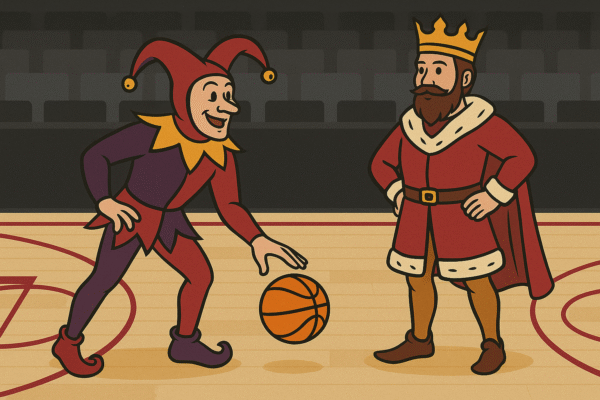 Draft Kings and Court Jesters: Ranking Every NBA Team's Draft Success Since 2010
Draft Kings and Court Jesters: Ranking Every NBA Team's Draft Success Since 2010
News
Where Can Real Fans Still Be Fans? NFL Stadiums Ranked by Accessibility Beyond the Luxury Boxes
July 10, 2025 at 11:00 am GMT+1
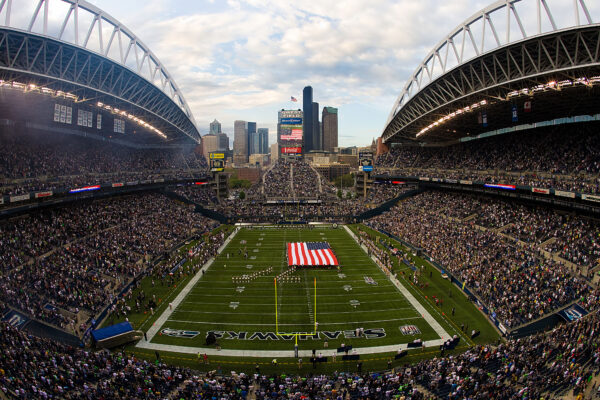 Where Can Real Fans Still Be Fans? NFL Stadiums Ranked by Accessibility Beyond the Luxury Boxes
Where Can Real Fans Still Be Fans? NFL Stadiums Ranked by Accessibility Beyond the Luxury Boxes
July 10, 2025 at 9:35 am GMT+1
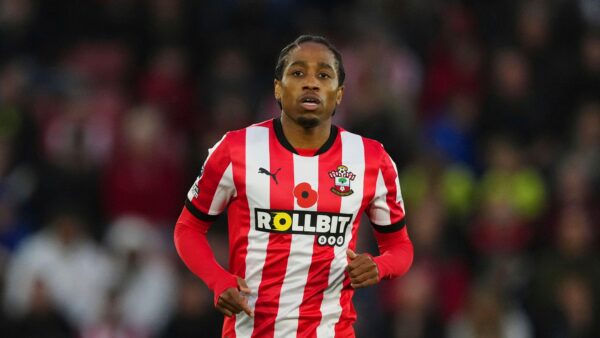 Kyle Walker-Peters Next Club - Four Realistic Destinations
Kyle Walker-Peters Next Club - Four Realistic Destinations
July 9, 2025 at 4:46 pm GMT+1
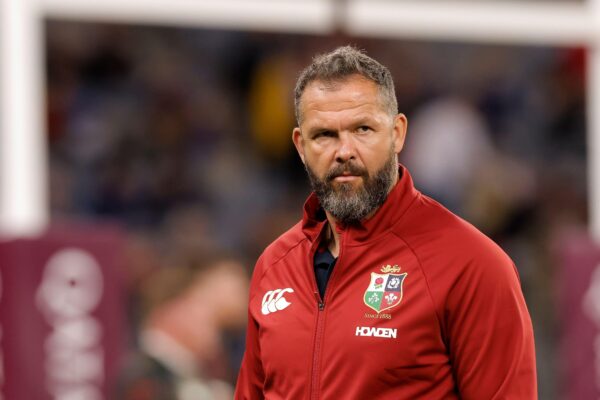 AI Predicts the British & Irish Lions XV for the First Test Against Australia
AI Predicts the British & Irish Lions XV for the First Test Against Australia
July 3, 2025 at 5:02 pm GMT+1
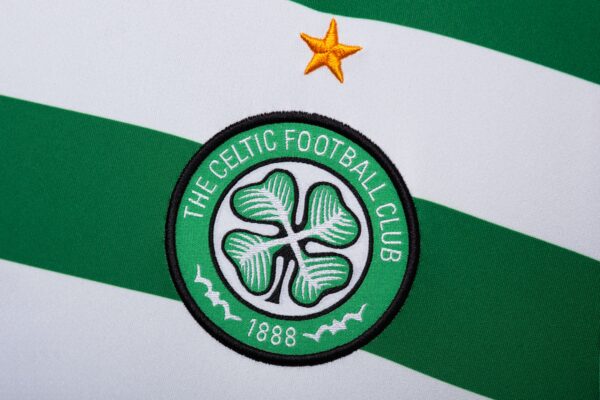 Nicolas Kühn To Depart Celtic - Four Potential Replacements
Nicolas Kühn To Depart Celtic - Four Potential Replacements
July 3, 2025 at 11:03 am GMT+1
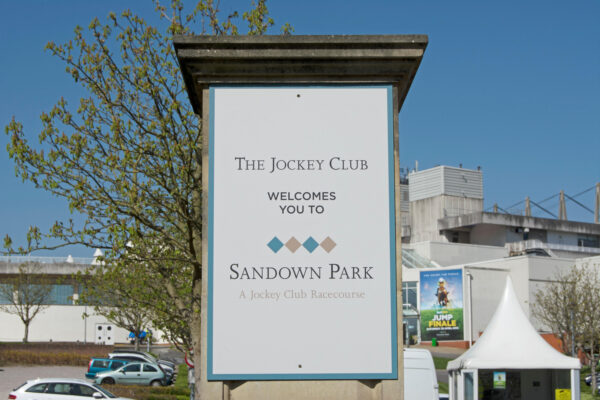 Coral Eclipse Confirmed Runners: Six Declared for Sandown
Coral Eclipse Confirmed Runners: Six Declared for Sandown
July 3, 2025 at 10:21 am GMT+1
 VALORANT Esports World Cup 2025 - Betting Preview
VALORANT Esports World Cup 2025 - Betting Preview
July 2, 2025 at 8:53 pm GMT+1
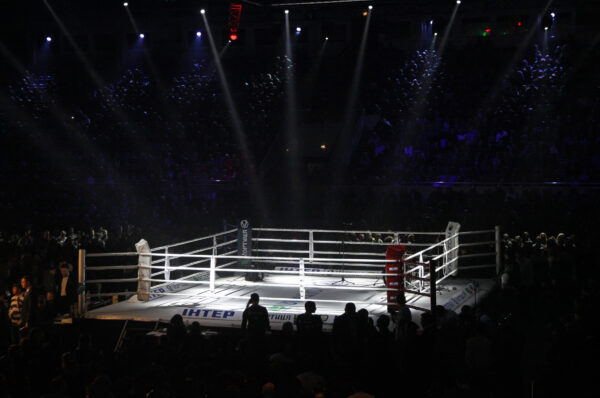 Harlem Eubank believes Jack Catterall test is a chance to prove he is world class
Harlem Eubank believes Jack Catterall test is a chance to prove he is world class
July 2, 2025 at 7:54 pm GMT+1
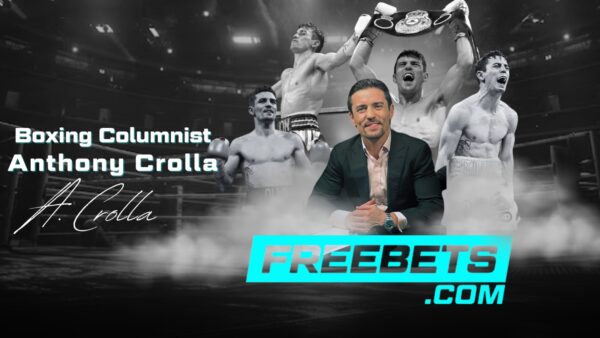 Crolla's Column: Risk or Reward?
Crolla's Column: Risk or Reward?
Check out the latest news from the world of sport right here. We’ve got all angles covered, whether you want the latest football news, horse racing, F1, or anything else, so you never miss a beat.
We update the latest odds moves, track upcoming major events and of course, look back on reflect at what we’ve seen, and how that affects the future.





